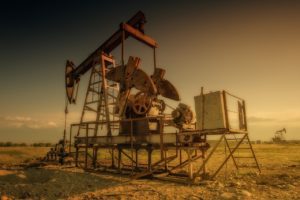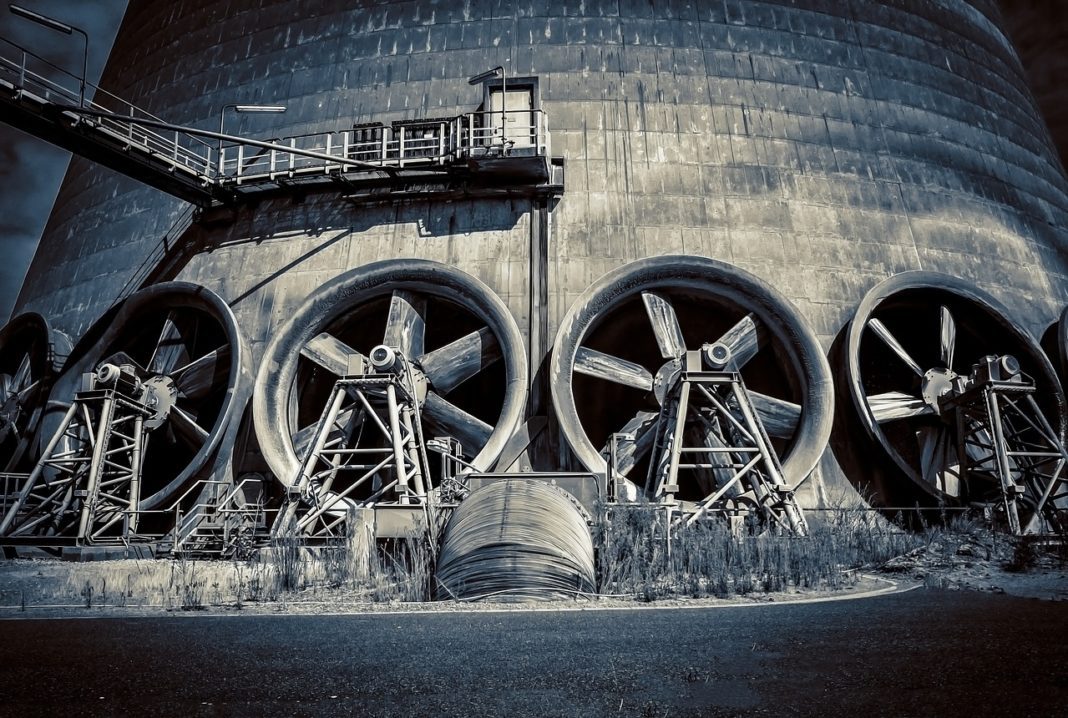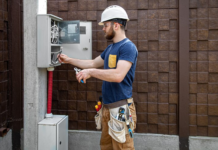As you can see from the above table, hepa filters are absolutely required at BSL’s 2 and higher. The only exception is if an industry has been granted exemption by OSHA, in which case they will be exempt. What can happen if a business does not have hepa filters: If you neglect the need for hepa filters, there are some risks to consider. For one thing, it could cause exposure of harmful particles and gases that would otherwise be filtered by an efficient air filter system.
In addition, employees may experience respiratory distress or other related symptoms from prolonged exposure to these pollutants. Note: HEPAs without ULPA/ULPAPA ratings should only be used in environments with no more than airborne particulate levels up to 50% (as determined by OSHA PELs) such as office buildings and schools. possible edits- “If you neglect the need for hepa filters at BAL’s there are some risks to consider.” “If you neglect the need for hepa filters, there are some risks to consider.

For one thing, it could cause exposure of harmful particles and gases that would otherwise be filtered by an efficient air filter system.” “In addition, employees may experience respiratory distress or other related symptoms from prolonged exposure to these pollutants.” It’s important not only because of the health concerns but also because this is a growing area in liability law -employers who don’t provide their workers with adequate protection through proper safety gear can face fines and penalties as well as litigation if such items were required under OSHA regulation. Employs have been found liable when they allowed unsafe conditions without hepa filters even where no employee














